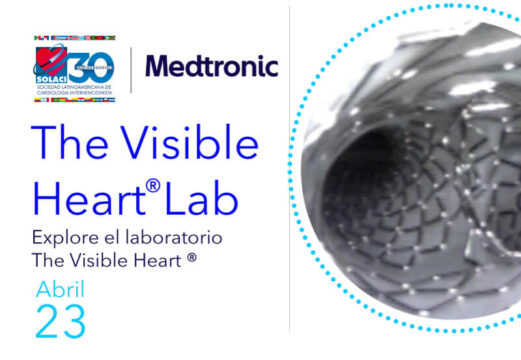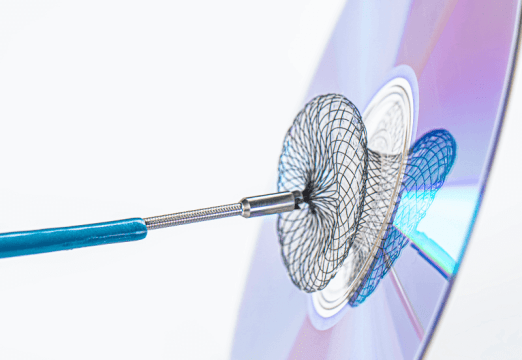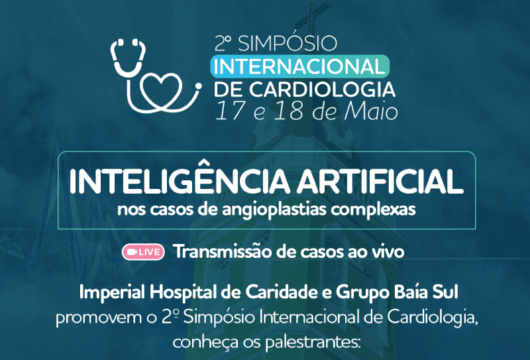Transcatheter edge-to-edge repair (TEER) with MitraClip has demonstrated its benefit compared with complete guideline-directed medical therapy (GDMT), according to the results of the COAPT Study.

While cerebrovascular events (CVE), such as stroke or transient ischemic attack (TIA), are rare, they can occur during the procedure (transseptal puncture, device positioning, or device release) or during follow-up in cases of device detachment or embolization.
Currently, there is limited information available on this scenario.
Researchers conducted an analysis of the COAPT Study, which included 614 patients, of whom 302 underwent TEER plus GDMT and 312 received GDMT alone. Of these, 48 patients (7.8%) experienced cerebrovascular events during a four-year follow-up.
There were no significant differences in terms of age, comorbidities, surgical risk, ejection fraction, ventricular volume, effective regurgitant orifice, regurgitation severity, or the complete medical treatment received between patients who experienced cerebrovascular events and those who did not.
Within the 30-day period, two patients who underwent TEER experienced cerebrovascular events, with no significant differences between the two strategies.
At four years, 26 patients who underwent TEER experienced cerebrovascular events compared with 22 patients with GDMT (12.3% vs. 10.2%; P = 0.91). There were also no significant differences in the occurrence of stroke (10.5% vs. 8.7%; P = 0.8); most stroke events were ischemic.
Predictors of cerebrovascular events were diabetes and impaired renal function, and there was a reduction in these events with the use of anticoagulants.
Read also: VASC-OBSERVANT II Substudy: Impact of Vascular Complications after TAVR.
Cerebrovascular events were associated with increased 30-day mortality but not with long-term follow-up mortality.
Conclusion
In conclusion, in the four-year COAPT Study, the rate of cerebrovascular events was similar between edge-to-edge treatment and complete medical therapy. Cerebrovascular events were strongly associated with mortality. Further studies are needed to determine the effectiveness of anticoagulation in reducing the risk of cerebrovascular events following edge-to-edge treatment.

Dr. Carlos Fava.
Member of the Editorial Board of SOLACI.org.
Original Title: Cerebrovascular Events After Transcatheter Edge-to-Edge Repair and Guideline-Directed Medical Therapy in the COAPT Trial
Reference: Flavien Vincent, et al. Circ Cardiovasc Interv. 2023;16:e013045. DOI: 10.1161/CIRCINTERVENTIONS.123.013045.
Subscribe to our weekly newsletter
Get the latest scientific articles on interventional cardiology





